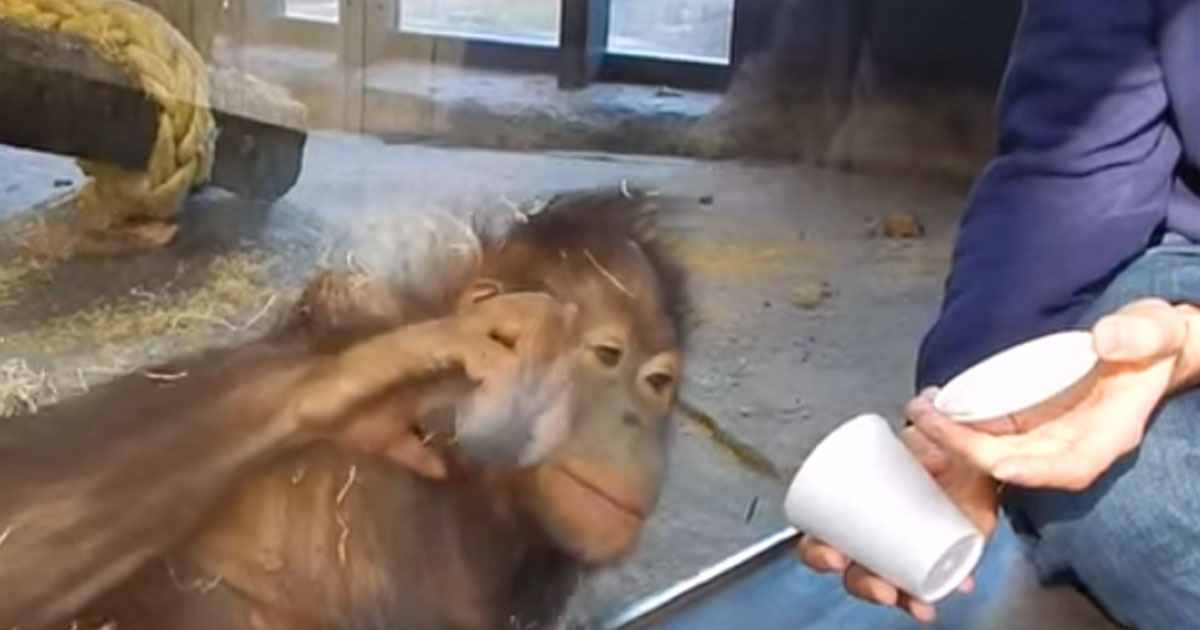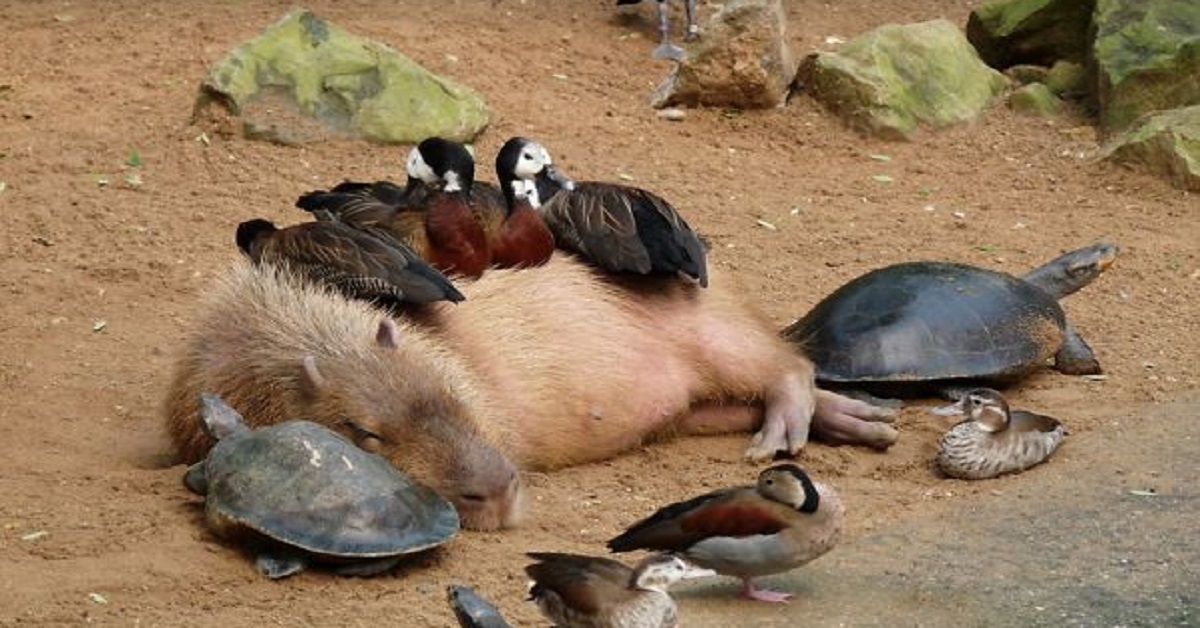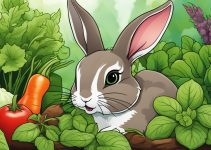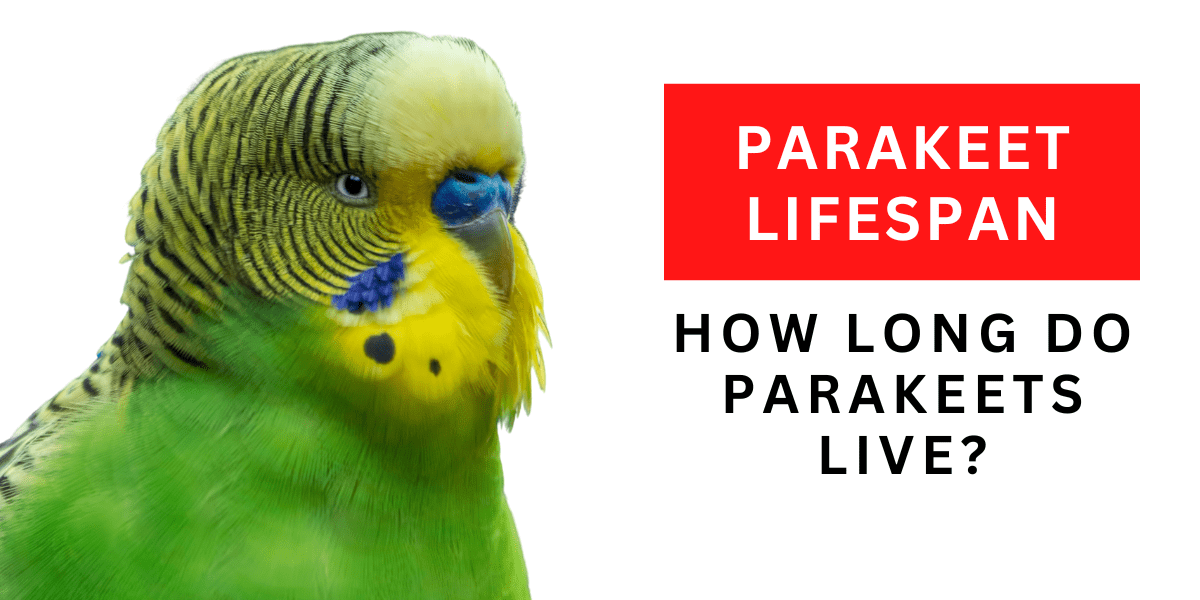Plums are a fruit that many people enjoy, but can rabbits eat plums? While it’s tempting to share our favorite foods with our furry friends, it’s important to be cautious about what we feed them. Plums can actually be a safe treat for rabbits when given in moderation. However, there are a few things to keep in mind to ensure their safety and well-being. Let’s explore the topic further.
Can Rabbits Eat Plums? Yes, they are reasonably okay for your furry friend.
- Plums can be a safe treat for rabbits when given in moderation.
- Remove the pits of plums before giving them to rabbits, as they can contain harmful cyanide.
- Plums should be part of a balanced diet that includes hay, fresh greens, and limited treats.
- Avoid feeding rabbits other harmful foods like avocados, chocolate, onions, and processed foods.
- Consult with a rabbit-savvy veterinarian before introducing any new food to your rabbit’s diet.
The Digestive System of Rabbits
Rabbits have a unique digestive system that requires a near-constant intake of fiber to keep it running smoothly. As herbivores, their diets consist mostly of greens, veggies, and fruits. However, it’s important to note that not all fruits are safe for rabbits to consume. While plums can be given to rabbits in moderation, it is crucial to introduce them carefully to avoid any potential digestive issues.
Providing rabbits with a diet rich in fiber is essential for their sensitive digestion. Fiber helps maintain healthy gut motility and prevents common digestive problems such as gastrointestinal stasis. It also aids in wearing down their continuously growing teeth and supports overall dental health.
When introducing plums or any new food into a rabbit’s diet, it’s crucial to do so gradually. Sudden changes or overfeeding can disrupt their delicate digestive balance and lead to gastrointestinal upsets. Monitor your rabbit closely for any signs of discomfort, such as changes in appetite, abnormal stools, or lethargy, and consult a rabbit-savvy veterinarian if you have any concerns.
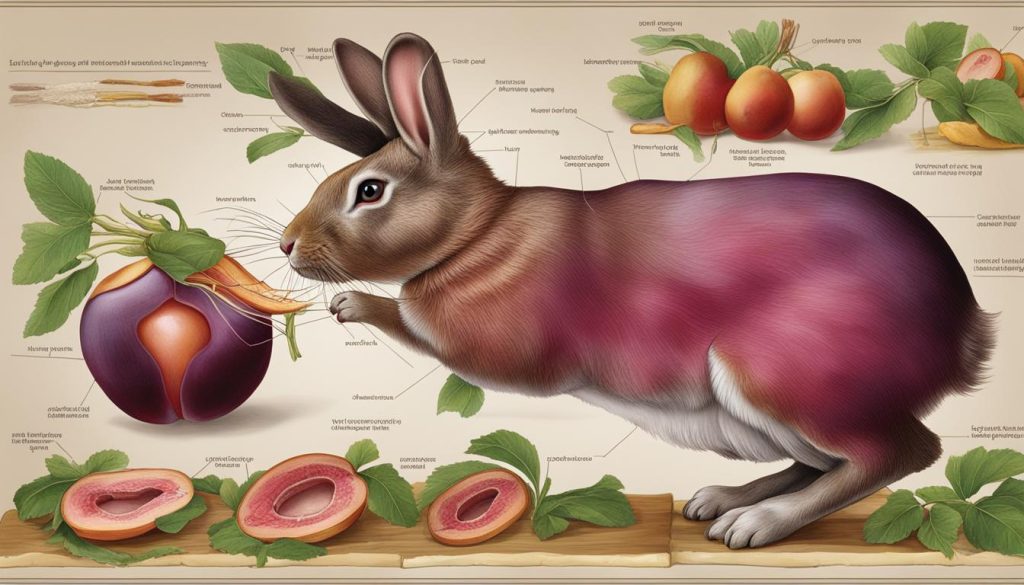
Safe Fruits for Rabbits
When it comes to feeding fruits to rabbits, it’s important to choose the ones that are safe for them to eat. One fruit that can be included in a rabbit’s diet is plums. However, it’s crucial to remove the pits before offering them as a treat. The pits of many fruits, including plums, contain trace amounts of cyanide, which can be harmful to rabbits.
While plums can be consumed by rabbits, they should be given in moderation due to their high sugar content. Offering plums as an occasional treat can add variety to a rabbit’s diet and provide additional nutrients. Remember, a balanced diet is key to maintaining a rabbit’s health and well-being.
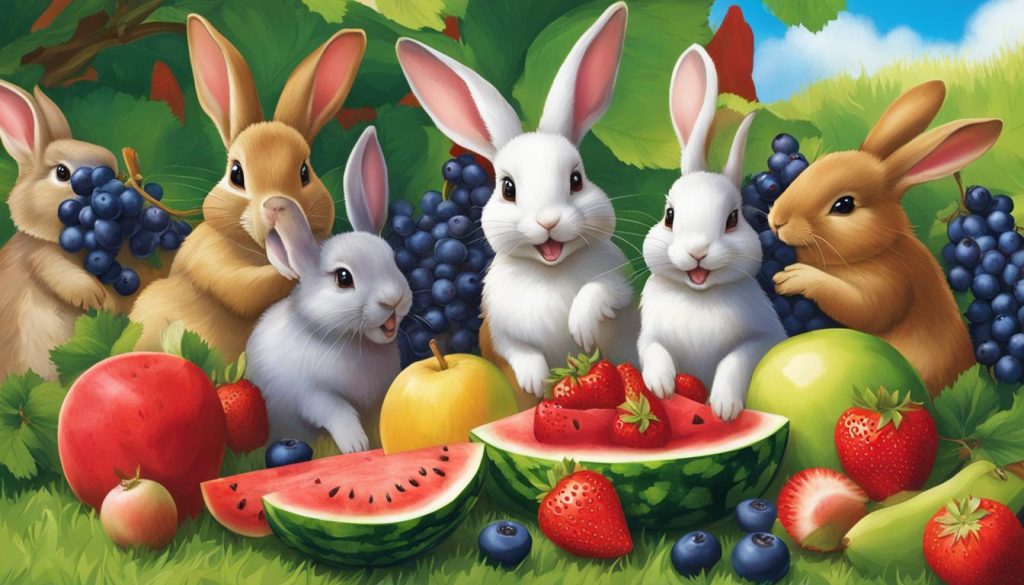
When introducing plums or any other new food to your rabbit’s diet, it’s always best to consult with a veterinarian who specializes in rabbit care. They can offer guidance on portion sizes and the frequency of treat offerings to ensure your rabbit stays happy and healthy.
Other Foods to Avoid
When it comes to feeding your rabbit, it’s important to be aware of the foods that are unsafe for them. In addition to plums, there are several other foods that should be strictly avoided. These include:
- Avocados
- Chocolate
- Onions
- Leeks
- Garlic
- Meat
- Eggs
- Dairy
- Broad beans
- Kidney beans
- Rhubarb
- Iceberg lettuce
- Mushrooms
- House plants
- Processed foods
These foods can have harmful effects on a rabbit’s health and should be strictly avoided. For example, avocados contain a substance called persin, which is toxic to rabbits. Chocolate is also dangerous for rabbits due to its theobromine content. Onions, leeks, and garlic can cause gastrointestinal issues and even anemia in rabbits. It is best to keep your rabbit’s diet limited to rabbit-friendly fruits, vegetables, and hay.
Remember, when introducing new foods to your rabbit’s diet, it is always important to consult with a veterinarian. They can provide guidance on what is safe for your rabbit to eat and help you create a balanced and nutritious diet to keep them healthy and happy.
The Importance of a Balanced Diet
To ensure the health and well-being of rabbits, it’s crucial to provide them with a balanced diet. A rabbit’s diet should consist primarily of fresh, well-filtered Timothy hay, which is essential for their digestive health. Timothy hay helps maintain proper dental health and keeps their digestive system functioning optimally.
In addition to hay, rabbits should have daily access to fresh leafy green vegetables. These vegetables, such as spinach, kale, and romaine lettuce, provide vital nutrients and help keep their digestive system in good condition.
A small amount of fortified pellets can also be included in a rabbit’s diet. These pellets contain essential vitamins and minerals that may be lacking in hay and vegetables alone.
Treats, such as fruits, including plums, should only be given sparingly. While plums can be included in a rabbit’s diet, they should be viewed as an occasional treat rather than a staple food. This is because fruits contain high sugar content, which can lead to weight gain and other health concerns if consumed excessively.
Providing a balanced diet with a focus on hay, fresh greens, and limited treats is key to keeping rabbits healthy and happy. It’s important to consult with a rabbit-savvy veterinarian to determine the appropriate diet for your specific rabbit, as individual dietary needs may vary.
Having a well-balanced diet is essential for rabbits to lead a healthy life. By providing the right mix of hay, vegetables, pellets, and occasional treats like plums, you can ensure that your furry friend receives all the necessary nutrients to thrive.
Conclusion
Rabbits can enjoy plums as part of their diet, but it’s important to feed them in moderation and remove the pits. While plums are generally safe for rabbits, it’s crucial to be mindful of other foods that can be harmful to their health.
For a balanced and nutritious diet, rabbits should primarily consume fresh Timothy hay, along with daily servings of leafy green vegetables. Limited treats, including plums, can be offered occasionally to provide variety and enjoyment.
However, it’s always best to consult with a veterinarian who specializes in rabbit care before introducing any new food to your furry friend’s diet. They can offer personalized advice and ensure that your rabbit’s nutritional needs are being met.
Remember, the key to keeping rabbits healthy and happy is a well-rounded diet that prioritizes hay, fresh greens, and safe treats like plums. By providing your furry companion with appropriate nutrition, you can contribute to their overall well-being and longevity.
FAQ
Can rabbits eat plums?
Yes, rabbits can eat plums, but they should be given in moderation and without the pits. The pits of plums contain trace amounts of cyanide, which can be harmful to rabbits.
Are plums safe for rabbits to consume?
Plums can be safe for rabbits to consume when offered in moderation. However, it’s important to remove the pits before giving them to your rabbit.
What other fruits are safe for rabbits to eat?
Several fruits are safe for rabbits to eat, including apples, bananas, strawberries, blueberries, and melons. However, fruits should be given as occasional treats and not as a major part of their diet.
What other foods should be avoided when feeding rabbits?
Besides plums, rabbits should avoid foods like avocados, chocolate, onions, leeks, garlic, meat, eggs, dairy, broad beans, kidney beans, rhubarb, iceberg lettuce, mushrooms, house plants, and processed foods. These foods can have harmful effects on a rabbit’s health.
What should a rabbit’s diet consist of?
The majority of a rabbit’s diet should consist of fresh, well-filtered Timothy hay. They should also have daily access to fresh leafy green vegetables and a small amount of fortified pellets. Treats, including fruits like plums, should only be given sparingly.

